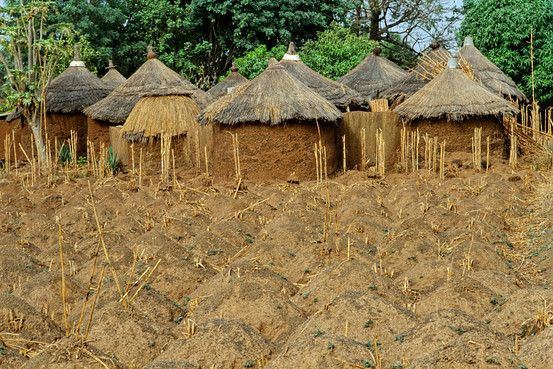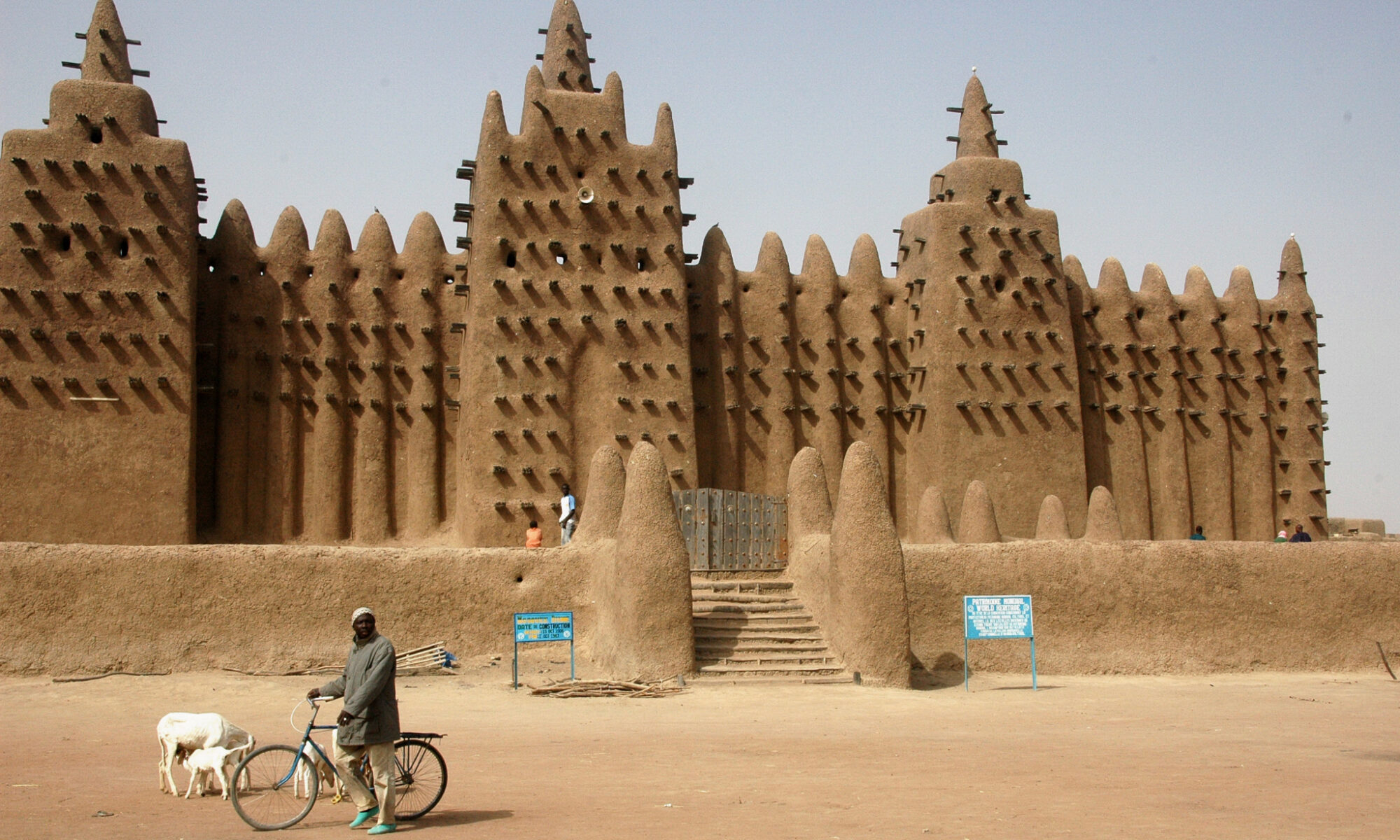
The West African village of Nionsomoridou , Guiea doesn’t have running water or electric lights. Most people get here by walking barefoot along a dirt path. The remote mountain community has one up-to-the-minute feature, though: a housing bust. Rents had risen in recent years, and local residents and home builders let their enthusiasm get the better of them, turning out a spate of new construction. Now, rows of newly built houses stand empty in the village, and rents have been cut in half. So far, not so different from Miami or Phoenix. Except that these homes are one-room, windowless mud-brick huts, and the rent is about $6.50 a month.
For centuries, Nionsomoridou faced no risk of a housing-market crash, because it didn’t have a housing market. There were no unused houses. If a son married and needed room for children, his relatives put up a new hut next door, on village land that is communally owned. Then came the global commodities boom, with far-reaching effects on Nionsomoridou, situated deep amid lushly forested mountains rich in gold, diamonds and one of the world’s largest virgin iron-ore seams.
